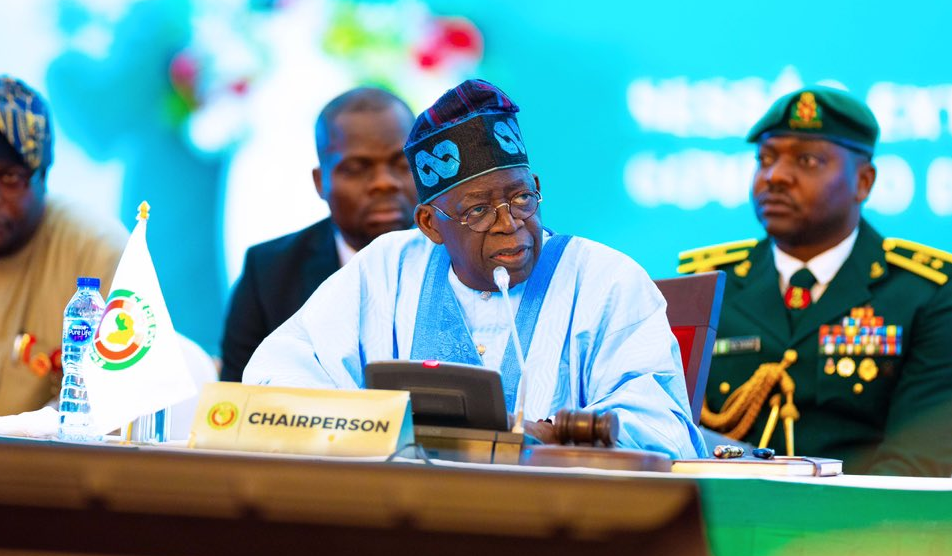The Economic Community of West African States (ECOWAS) recently announced the lifting of sanctions imposed on Niger since July 2023. This marks the end of a seven-month period during which all commercial and financial transactions between ECOWAS member states and Niger were suspended. The sanctions included the closure of land and air borders, freezing of assets in member states and a halt to the supply of electricity by Nigeria to Niger.
The shock decision came a month after the country and its two junta-led neighbors – Mali and Burkina Faso – announced their withdrawal from the West African bloc. The group also created a mutual defense pact ‘Alliance of Sahel States’ to counter enemies amid threatened military intervention by ECOWAS, which never materialized.
Why remove sanctions now?
ECOWAS says it lifted the sanctions on purely humanitarian grounds i.e. to ease suffering but other underlying factors (mentioned below) may have influenced the decision.
- Ineffective Sanctions – the sanctions did not lead to the release of the ousted President Bazoum, who remains in detention under the Junta government. The coup leaders have also not exhibited any willingness to relinquish power and restore democracy within a short timeframe as requested by ECOWAS. Instead, Niger’s decision to ignore the sanctions and establish relations with other junta-led governments in the region has undermined ECOWAS, prompting a reconsideration of their initial approach.
- Limited domestic support – Nigeria’s president, who leads ECOWAS, has faced challenges in garnering the requisite political and public support for military intervention in Niger. Nigeria is exercising caution to avert a conflict with Niger, considering their shared border, especially in Northern Nigeria, where insurgent groups have already displaced many from their homes. This caution is further heightened by the longstanding relationships between the two countries, characterized by close family ties among people in Northern Nigeria and Niger.
- Airspace Dominion – The initial closure of Niger’s airspace by its military government (in response to the ECOWAS sanctions and feared military invasion) is said to have adversely affected the operations and revenue of airlines operating within the region but while the junta recently lifted the ban on its airspace, it maintained the restrictions against Nigeria by banning flights to or from Nigeria. The implication is that passengers flying to and from Nigeria will suffer longer flight times and would be very likely to pay more to cover the associated cost.
- Exports Challenges – Nigerian manufacturers / exporters that conduct business in Niger Republic or use Niger as a transit route to other ECOWAS countries were prevented from doing business as usual. Truckloads of goods were stuck at the borders due to the closure. Exporters were forced to suffer the associated cost of truck hire, fees for security personnel, etc. – in addition to the already high cost of doing business in Nigeria. Non-recognition of trade agreements (e.g. the ECOWAS Trade Liberalisation Scheme) by the junta also threatened the incentives of exporting from Nigeria to Niger.
- Security Disruption – the standoff with Niger has disrupted cooperation and shared intelligence in the fight against insurgent groups in the Sahel region. This includes the Lake Chad Basin pact, which is essential for combating terrorism in Nigeria, Niger, Chad, and Cameroon. The pact also provides critical joint efforts to address the humanitarian crisis in the Lake Chad Basin.
In short, removal of the sanctions indicates a change in ECOWAS posture, shifting to a more diplomatic stance and a willingness to dialogue after months of stalemate with the junta-led governments across the region.

